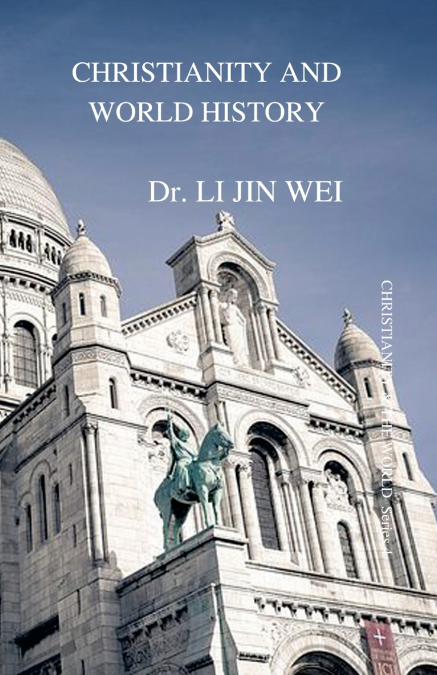
 Librería Perelló (Valencia)
Librería Perelló (Valencia)
 Librería Aciertas (Toledo)
Librería Aciertas (Toledo)
 El AlmaZen del Alquimista (Sevilla)
El AlmaZen del Alquimista (Sevilla)
 Librería Elías (Asturias)
Librería Elías (Asturias)
 Librería Kolima (Madrid)
Librería Kolima (Madrid)
 Donde los libros
Donde los libros
 Librería Proteo (Málaga)
Librería Proteo (Málaga)
Exploring history has long been associated with religious history. In many religions, the very essence of history is apostasy; in some religions, historical thought is part of the spiritual process. Christianity is one of the earliest religions in the world. Many scholars who study the history of history and early Christianity believe that the Gospels and the life of Jesus should be viewed in their historical and cultural context rather than merely in the light of Christian teachings. From shaping territories to leaders, Rulers to religious icons, Christianity has played a huge role since the begging of its existence. Christianity has always been a part of this world, from the blood on the cross to the modern world in different ways. What Jesus started was taken over by apostles, and after that, The Popes kept spreading the word of Christ. Christianity has become closely associated with the history and formation of Western society. Throughout its long history, the Church has been a significant source of community services such as school and health care; inspiration in arts, culture, and philosophy; and a player of political and religious influence. Early Christianity came from a small Jewish community in the first century CE and took on several Greek-speaking beliefs, customs, and philosophies. In the history of Western culture, the emergence of Christianity in the Roman Empire is known as 'the triumph of Christianity.' This refers to the triumph of Christian beliefs over pagan beliefs and practices. However, it is essential to note that Christianity did not become a silent religion. Christian history is a storehouse of God’s work on the earth; we should learn and embrace it. Much of the Bible is historical. History describes and affects our lives even in these modern times. History allows us to temporarily deviate from our lives and culture to explore it with consideration for another way of living.